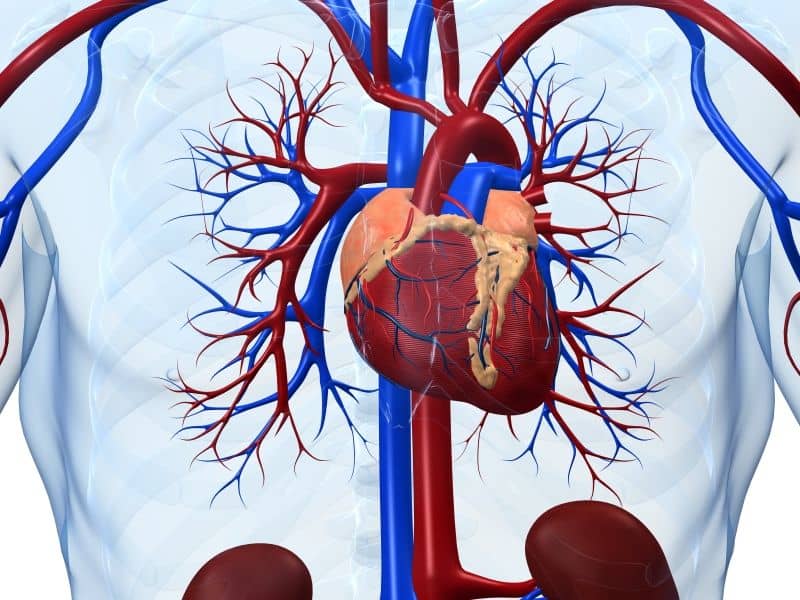Atrial fibrillation (AF) is a risk factor for poor postoperative outcome after transfemoral transcatheter aortic valve replacement (TF-TAVR). The present study analyses the outcomes after TF-TAVR in patients with or without AF and identifies independent predictors for in-hospital mortality in clinical practice.
Among all 57,050 patients undergoing isolated TF-TAVR between 2008 and 2016 in Germany, 44.2% of patients ( = 25,309) had AF. Patients with AF were at higher risk for unfavorable in-hospital outcome after TAVR. Including all baseline characteristics for a risk-adjusted comparison, AF was an independent risk factor for in-hospital mortality after TAVR. Among patients with AF, EuroSCORE, New York Heart Association classification class, or renal disease had only moderate effects on mortality, while the occurrence of postprocedural stroke or moderate to major bleeding substantially increased in-hospital mortality (odds ratio [OR] 3.35, 95% confidence interval [CI] 2.61-4.30, < 0.001 and OR 3.12, 95% CI 2.68-3.62, < 0.001). However, the strongest independent predictor for in-hospital mortality among patients with AF was severe bleeding (OR 18.00, 95% CI 15.22-21.30, < 0.001).
The present study demonstrates that the incidence of bleeding defines the in-hospital outcome of patients with AF after TF-TAVR. Thus, the periprocedural phase demands particular care in bleeding prevention.
Thieme. All rights reserved.
Bleeding Complications Drive In-Hospital Mortality of Patients with Atrial Fibrillation after Transcatheter Aortic Valve Replacement.


